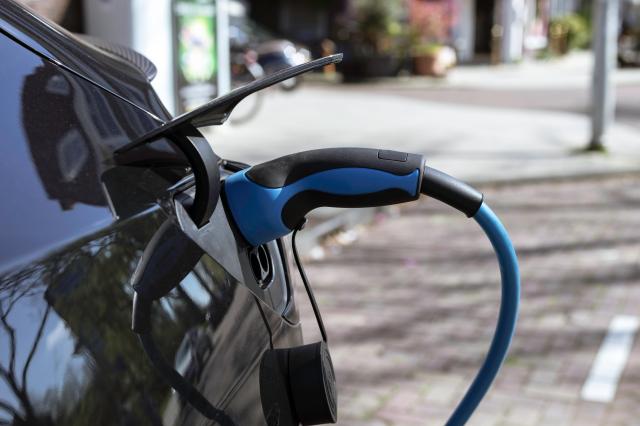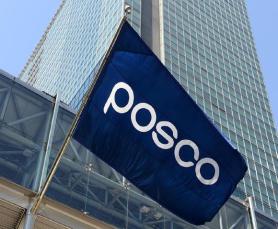
The Ministry of Trade, Industry and Energy and the Korea International Trade Association reported that Chinese EVs accounted for 65.8 percent of Korea's total EV imports from January to July, reaching 1 trillion won, a staggering 848 percent increase compared to the same period last year.
This surge has propelled China to become the largest EV exporter to Korea, overtaking Germany.
The influx of Chinese EVs was largely driven by commercial vehicles such as buses and trucks, with Chinese-made electric buses capturing a significant share of the market.
According to ministry statistics, buses from Chinese manufacturers like Higer Bus Company and BYD held a 40.7 percent share of Korea’s electric bus market in the first half of 2024.
Tesla’s Shanghai-produced vehicles also contributed significantly to the surge in imports. The Model Y, a medium-sized sedan, became the best-selling imported car in Korea during the first half of the year, with sales soaring by 395.4 percent year-on-year to 10,041 units.
The Korean auto industry is now facing growing pressure as Chinese brands prepare to enter the passenger car market. BYD, China's largest automaker, is set to launch its electric cars in Korea in the latter half of this year.
“Our market and those of other latecomer countries face a significant price disadvantage compared to Chinese EVs,” said an analyst at the Korea Institute for Industrial Economics and Trade. “To improve price competitiveness, we need to innovate production methods and optimize supply chains.”
Copyright ⓒ Aju Press All rights reserved.




